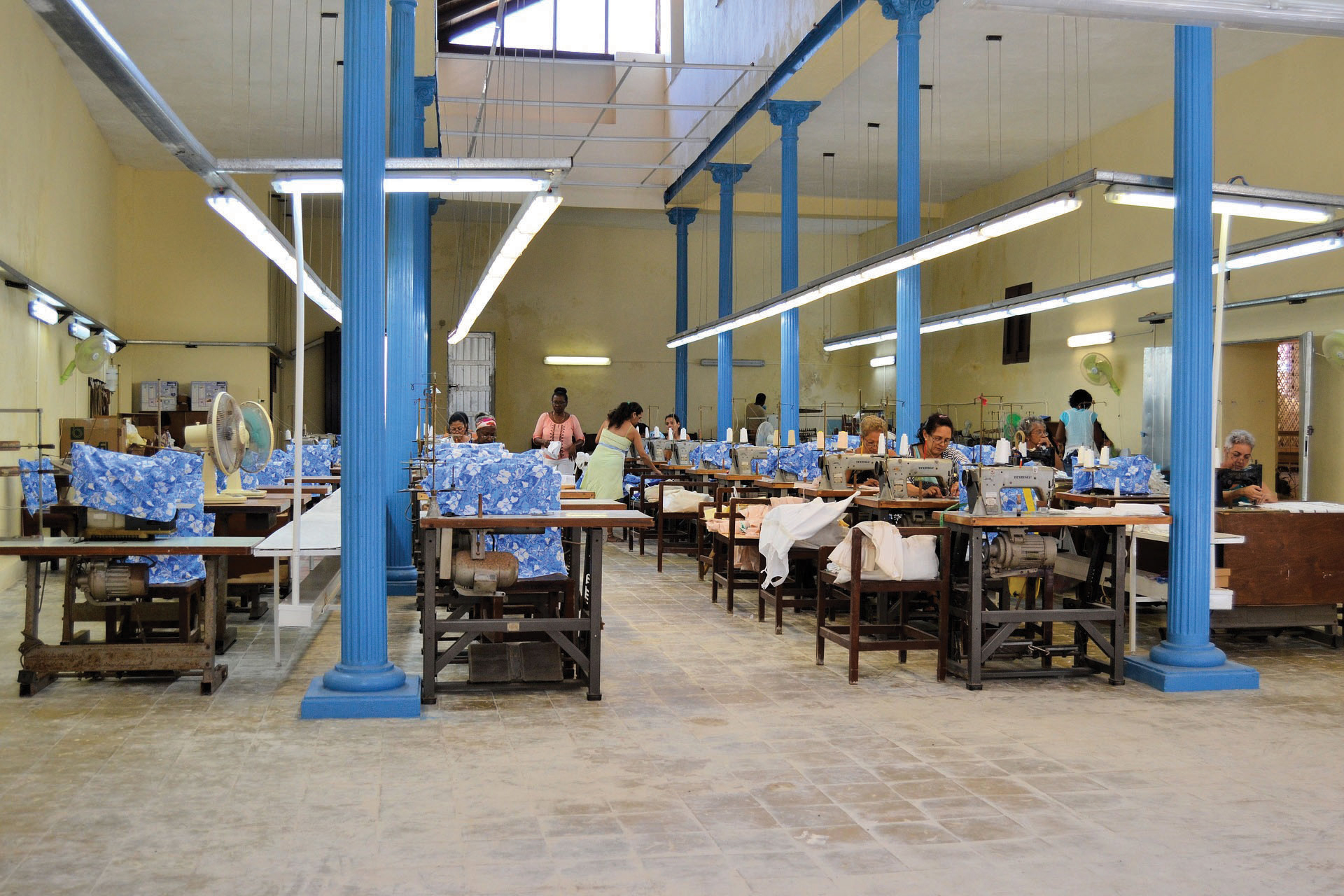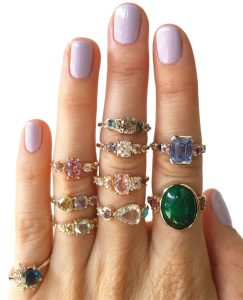Above: Social media and access to information about clothing providers has led millennials to be more aware of the working conditions their clothes are created in.
Move over, baby boomers. There’s a new generation making smart clothing spending decisions.
Growing up, you’re always taught to respect your elders. You can listen and learn from them.
They can give you the wise advise they once learned. Now, millennials are taking that advice and running with it. While they may be a fast-paced generation, millennials aren’t too quick to throw their cash at just anything.
While the idea of consumerism is something that’s not new, a somewhat new generation has joined along to further it.
Being a conscious consumer is fundamentally based on the idea of being an informed and educated consumer. It is being someone who evaluates the ramifications for the items they buy. This means you look at how your clothing and products are sourced from production to design. Some questions that might arise are if the item is sustainable and made in fair working conditions.
Through our conscious decisions, we can make the choice to actively purchase items that are in tune with our own moral compass.
Kaméa Chayne, an integrative health coach and conscious consumer herself, spoke about millennials needing to understand their advantage as high power consumers to cultivate the world they want in the future.
“[I believe if we equip] ourselves with a greater sense of global awareness and interconnectedness, we can then collectively dollar-vote for better, more responsible practices and set the new standards as our consumer power grows. Given that our current economy is driven by the laws of demand and supply, we just have to make our consumer choices count and align with our ideal vision for our world’s future,” Chayne says.
Incidents like the Rana Plaza collapse in Bangladesh that killed more than 1,000 factory workers in April 2013 became the necessary wake-up call to address issues within the fashion supply chain. It was said that the collapse happened due to the great demand for factories to comply with stringent quotas set by clothing retailers like Zara, JCPenney and conglomerate Walmart. The question that lingered after this tragedy was how to stop this from happening again.
The Fashion Revolution, a global non-for profit, answers this question by asking consumers to ask themselves one small but prolific question: Who made my clothes?
This question, along with their Instagram posts that showcase global-wide factory workers holding a sign saying “I made your clothes,” was key to turning this non-for profit becoming a full-blown movement.
The Fashion Revolution has designed a week where they ask the fashion industry and consumers alike “who made my clothes?” Many participate by sending out letters to companies inquiring about changing their supply chain. Others attend events and panels that discuss how to reform the fashion industry.
“One of the main benefits is that it brings like-minded individuals together, which re-energizes passion and motivation to take action towards change. The bigger the network, the greater the impact,” Stephanie Ochoa, a student on the board directors at Chicago’s Fair Trade Coalition, says. She sees that millennials are creating a great amount of awareness about conscious consumerism via social media and other platforms.
“I believe millennials are pushing the conscious consumerism movement forward by creating awareness. By sharing, posting videos and articles on social media or talking about documentaries they watch, millennials are helping educate the people in their lives,” says Ochoa.
Verna Green, an activist and YouTuber, uses her channel “Green Closet” to explore ways to shop more ethically and sustainably, and live an overall more conscious life.
Her videos can range from the cute side like her “Get It Greener Looks” video to videos like “The Women Who Made Your Clothes,” which discusses the harassment that garment workers face. Through her videos, it is clear that shopping consciously is not a simple consideration, but a lifestyle choice.
Green sees the greater potential for our generation to push forward due to having access to the Internet and using it to give awareness to issues like shopping consciously. “I think millennials are much more aware of issues, and because of the internet they are able to so easily access and share information, which really helps spread awareness,” Green says.
Green believes millennials can work to bring sustainable and ethical fashion to the forefront. “Instead of talking about how cheap something is, talk about how good the quality it is or how it was made. Instead of going shopping with friends on the high street, go thrifting together. Instead of seeing new clothes as special, try to see what’s special and unique about the clothes you’ve had a long time. The more ‘normal’ sustainable, ethical fashion becomes, the more people will get involved,” Green says.
The conscious consumerism movement is definitely making its rounds among millennials. However, the assumption that the majority of consciously-made clothing are all pricey definitely gets in that way. This notion couldn’t be further from the truth.
“The truth is FT products are relatively the same cost as their non-fair trade substitute. In fact, if sweatshop worker’s wages were doubled, it would only increase the cost to the average consumer by only 1 percent,” Ochoa says.












Be First to Comment